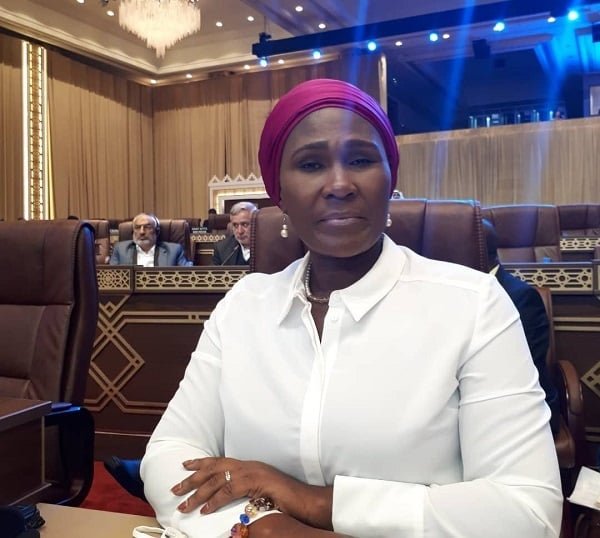The Accra High Court has dismissed an injunction application filed by the New Patriotic Party’s (NPP) parliamentary candidate for Ablekuma North, Nana Akua Owusu Afriyie, clearing the way for a rerun of elections in 19 polling stations.
The ruling reaffirmed the Electoral Commission’s (EC) authority to conduct the rerun and underscored the constitutional necessity of ensuring parliamentary representation for all citizens.
Justice Ali Baba Abature, who presided over the matter, stated that while the applicant may pursue the substantive case, any delays in the rerun would infringe on the democratic rights of the constituents.
“The EC would be in a position to provide adequate compensation to the applicant should she succeed in the substantive matter,” the court held, emphasizing the role of the Electoral Commission should the applicant eventually prevail against them.
The ruling effectively allowed the rerun to proceed without disruption, aligning with the broader national interest of maintaining electoral integrity and representation.

Counsel for Nana Akua Owusu Afriyie, Mr. Gary Nimako, argued that the Electoral Commission’s decision to organize a rerun in 19 polling stations was “arbitrary and capricious,” claiming it disregarded due process and undermined the authority of the judiciary.
He asserted that the pink sheets from the original polls had already been signed by presiding officers and party agents, validating the previous results. “The EC’s decision is unjustified and amounts to a direct affront to the authority of the court,” Nimako contended.
However, the High Court rejected this assertion, maintaining that the overriding concern was the ability of constituents to have full and fair representation in Parliament from the results of the 2024 elections.
Justice Abature pointed out that the rerun, while potentially inconvenient to the applicant, served the greater democratic good. He dismissed the injunction application, effectively neutralizing the attempt to halt the rerun planned by the Electoral Commission.
EC Presses Forward
In the wake of the court’s decision, the Electoral Commission, now free, reaffirmed its determination to hold the rerun as planned.

The commission maintained that the polling stations in question required fresh elections due to identified irregularities and procedural issues. It defended the rerun as necessary to protect the credibility of the electoral process and ensure public confidence in democratic outcomes.
According to the Commission, the rerun is scheduled for Friday, July 11, 2025, and preparations are actively underway.
The EC’s response comes amid heightened political tension in the constituency, with the ruling NDC and the opposition NPP both vying for control of the contested parliamentary seat.
The court’s ruling drew attention to the critical balance between legal objections and the collective democratic rights of constituents. Justice Abature emphasized that parliamentary representation is not merely a political formality but a constitutional guarantee owed to every Ghanaian.
Legal analysts have noted that while the court did not pronounce on the substantive merits of the case, its refusal to halt the rerun suggests a judicial prioritization of electoral continuity over procedural contention.

In the view of the court, the potential harm to public interest outweighed the individual concerns raised by the NPP candidate. With the rerun now officially cleared, the political parties are expected to intensify their campaign efforts in the affected polling stations.
The NDC, currently buoyed by increased national support under President John Dramani Mahama’s leadership, views the rerun as a potential opportunity to further consolidate parliamentary strength.
Meanwhile, the NPP remains determined to defend its position in the constituency despite the setback in court. Party insiders suggest that further legal action may still follow after the rerun, depending on the outcome and developments in the substantive case.
The Ablekuma North rerun is now more than a local electoral matter – it has become a symbol of institutional resilience and the judiciary’s role in safeguarding Ghana’s democratic values.



















